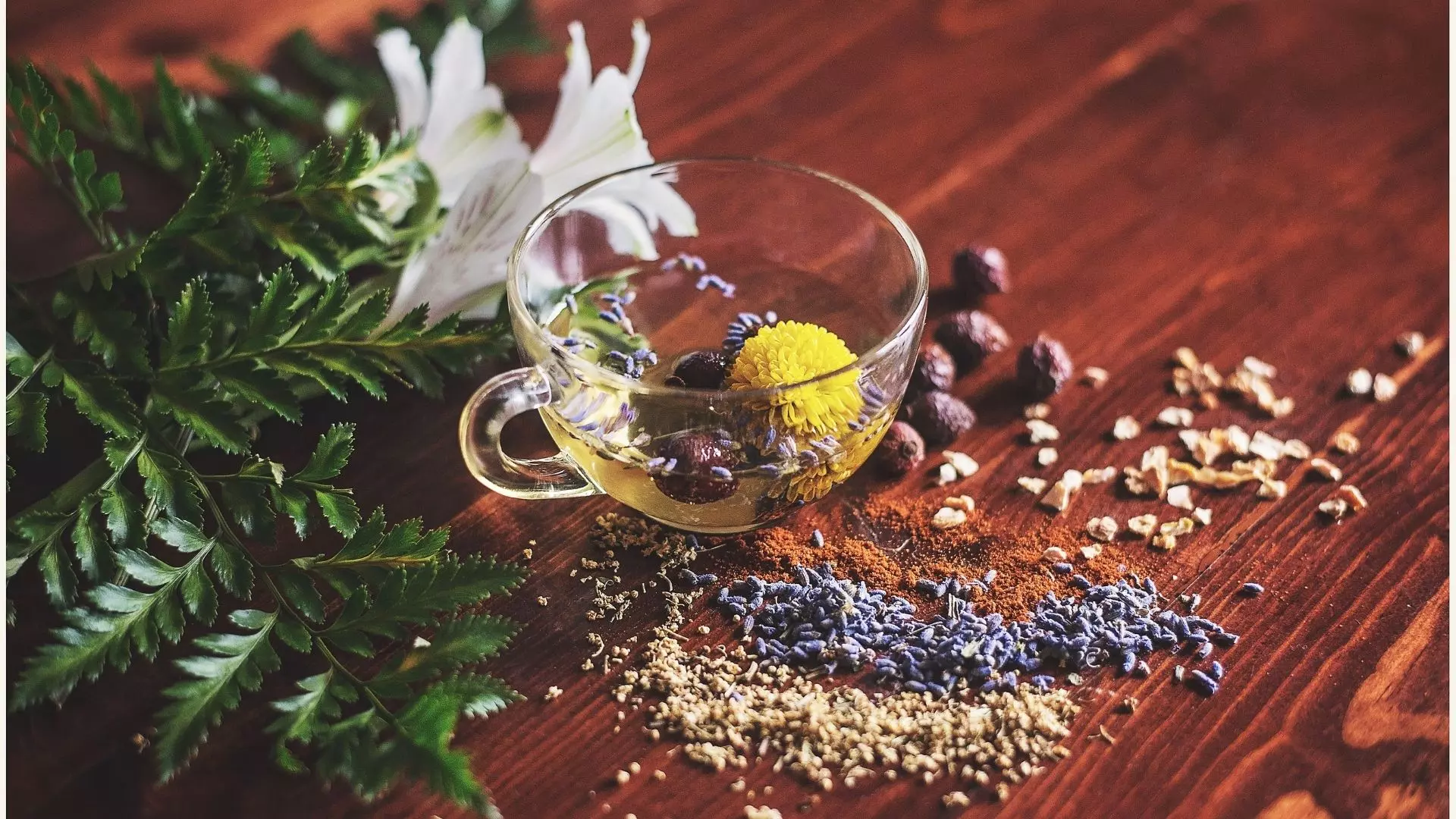Seed cycling is the new health rage on the internet, but does it work?
Delving into the influencer-affiliated naturopathic practice that claims to aid reproductive health
- By Nirupama ChaudharyLoading...
- | 12 Feb 2022 10:30 AM IST
 X
X
It would be safe to say that many of us have been at the mercy of hormonal imbalance. The female hormonal composition, which includes oestrogen and progesterone, has a complex way of functioning that is beyond the understanding of the layman. But their impact can be noticed in the functioning of daily life, such as on our sleep cycle, stress levels and immunity. A change in any of the influencing factors—from our diet to physical activity— can cause that dreaded imbalance. And with it, comes a range of issues —from irregular periods and thyroid disorders to unwelcome zits and mood swings. And while some of us have adapted to and adopted this imbalance, there is hope lurking around the corner.
A new naturopathic practice, seed cycling, which has quickly garnered the support of influencers and health icons on the Internet, claims to restore that balance, smoothen the transition from menstruation to menopause and curb the symptoms of hormonal complexities. Elaborating on its efficacy, integrative nutritionist and gut-health coach Payal Kothari, says, "It's a very bio-individualistic approach that a person needs to understand intuitively to see whether it has helped them and if it has, then I don't see any reason why they should stop or discontinue."
But what is it exactly? To simplify, it involves consuming a medley of seeds, specifically flax, pumpkin, sesame and sunflower at different periods during any given month. And that brings us to our next question: does it work?
What is seed cycling?
Before we get into the viability of seed cycling, let's understand what it entails. Flax and pumpkin seeds contain phytoestrogen that mimics the actions of oestrogen, which is produced during the first 14 days of our follicular stage or the first day of menstruation. They are also rich in omega-3 fatty acids. This hormone is responsible for sexual development, as it controls the growth of the uterine lining during the menstrual cycle and at the beginning of a pregnancy, aids bone and cholesterol metabolism and also regulates food intake, body weight, glucose metabolism and insulin sensitivity.
Next, comes sesame and sunflower seeds, which contain zinc and vitamin E respectively that aid in boosting progesterone levels, which in turn stimulates and regulates pregnancy, preparing the body for conception and also regulates the monthly menstrual cycle.
Combining these seeds during your menstruation, apparently, restores the balance of hormones in our bodies.
How does it work?
The seed cycling protocol involves two phases. Phase 1 starts from day one of your menstrual cycle up until ovulation or the 14th day. During this phase, it is advised to consume of one tablespoon each of raw, ground pumpkin seeds and flax seeds every day until you reach Phase 2.
Phase 2 starts from ovulation and goes on until your next menstrual cycle. During this interim, consumption of one tablespoon each of raw and ground sunflower and sesame seeds once a day is advised.
Does seed cycling help balance hormones?
Studies on the Internet say that seed cycling is not really new and has become popular now, courtesy of the influencer brigade. Theoretically speaking, it either enhances or inhibits the production of oestrogen and progesterone in the body based on the requirements of the body. But there is little scientific research on the wellness practice that can support the direct relationship between seed consumption and improved hormonal balance in women.
To understand this further, we quizzed Kothari, who advocates that the growing trend helps restore hormonal balance to the extent of boosting fertility and easing menopausal symptoms. "There is no harm or potential danger with the practice, but one needs to understand that the balance isn't going to be restored overnight and it will take a couple of menstrual cycles to see a positive impact," she opines. In terms of whether such a can be continued or sustained as a regular habit, she suggests adopting an intuitive and observant approach to the same, adding that the practice is worth a try to restore reproductive health. "A holistic approach such as that of seed cycling also includes balancing gut health and mental health," Kothari adds.
What is the takeaway?
All in all, it appears as though there's not much risk in trying seed cycling, however, it is advisable to consult a medical health professional. Personally, I don't see it differently from trying a new food product and can foresee having fun with the routine by adding the seed mixes to smoothie bowls, chia seed puddings, energy bars and cookies and sprinkled on toast, salads or soups.
This article provides general information and discussions about health, nutrition and related subjects. The information and other content provided in this, or in any linked materials, are not intended and should not be construed as medical advice, nor is the information a substitute for professional medical expertise or treatment.

Nirupama Chaudhary
Journeying a whimsical tale from being a microbiologist/scientist to being a creative writer, Nirupama loves to scrutinize trends, food and fashion alike. A gardening enthusiast, she is a full-time mom to a toddler. Her passions include tinkering away on a wanderlust, cooking up a storm in the kitchen for her food loving bub and curating street style looks!


